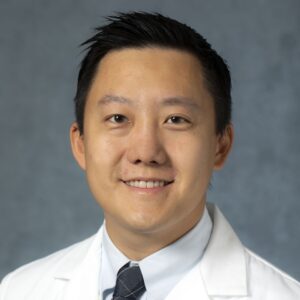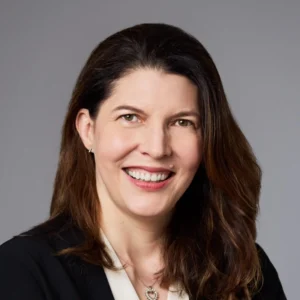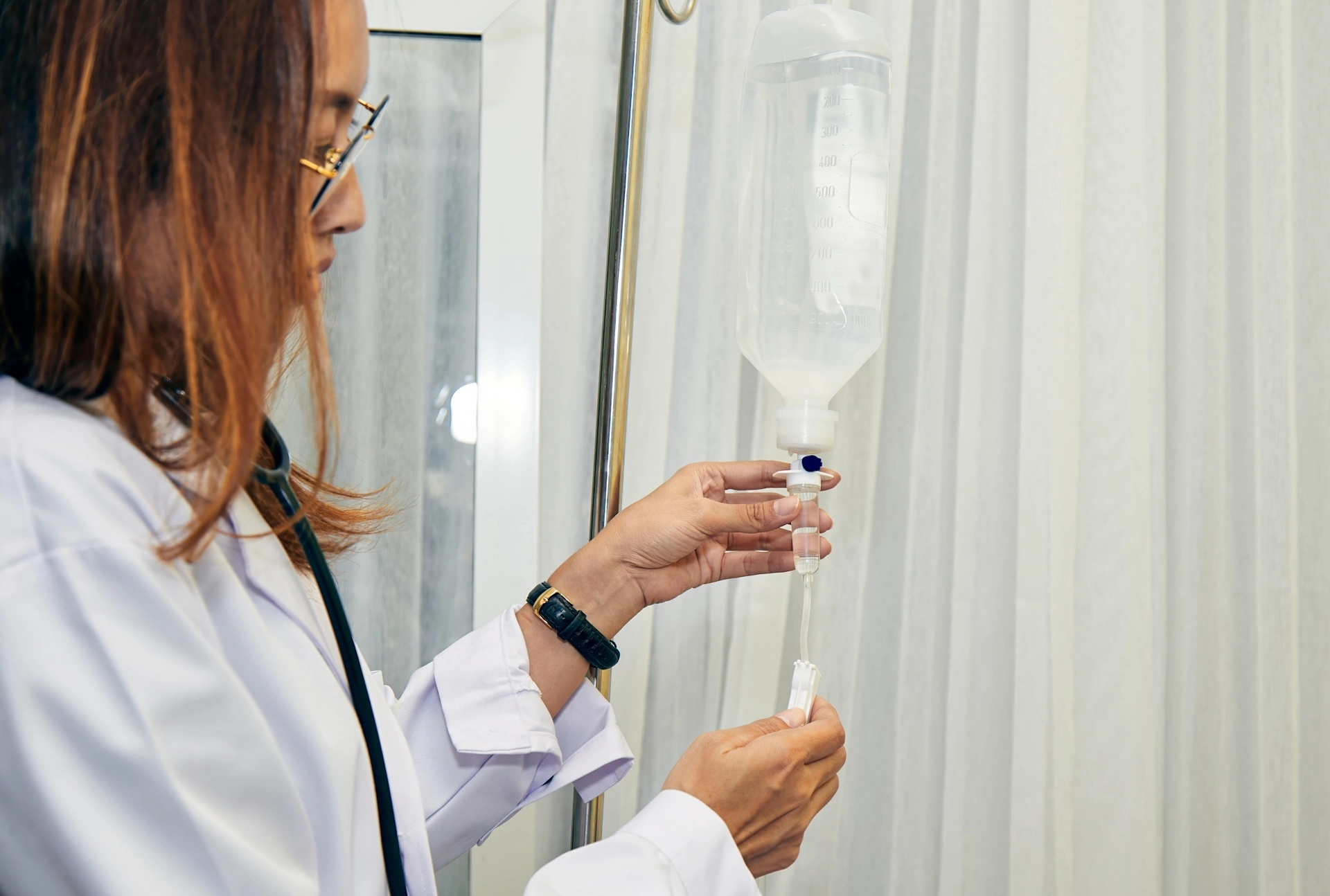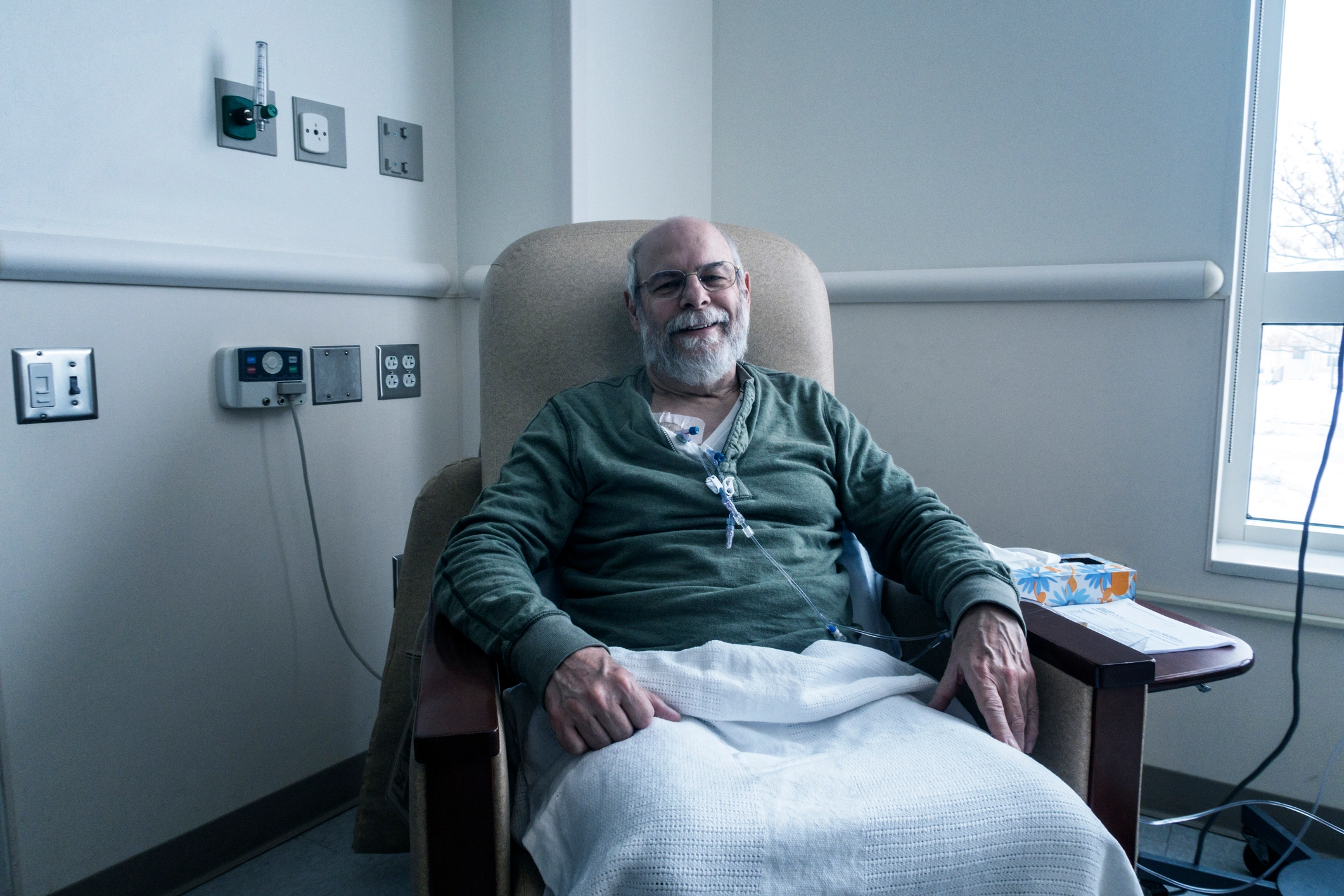Investigators from the Division of Research receive $5 million research grant
Research teams from the Kaiser Permanente Northern California Division of Research (DOR) and collaborating institutions have been awarded a total of $5 million to conduct studies that explore ways to use artificial intelligence (AI) to accelerate and improve screening and treatment for cardiovascular disease, the leading cause of death for Americans. The project is funded through a special research grant from the American Heart Association.

David Ouyang, MD, a DOR research scientist and cardiologist with The Permanente Medical Group, will lead a prospective multi-center clinical trial that will evaluate ways to use AI to expand the usefulness of heart ultrasounds, or echocardiograms, in cardiac care.
Heart ultrasounds, or echocardiograms, are a common form of cardiac imaging that often also provide pictures of the liver and kidneys. Some symptoms that might indicate a heart problem, and lead a doctor to recommend a heart ultrasound, can also be symptoms of liver or kidney disease. That’s because when the heart is not pumping blood properly, it can damage the kidneys and liver. And if the kidneys and the liver are not filtering blood properly, it puts more stress on the heart.
 The problem is that cardiologists are not trained to evaluate ultrasound images of the liver and kidneys — and that is where AI comes in.
The problem is that cardiologists are not trained to evaluate ultrasound images of the liver and kidneys — and that is where AI comes in.
Ouyang’s clinical trial will evaluate if AI can be used to read the ultrasound images to assess the health of these organs and, in turn, help cardiologists provide more comprehensive care as well as refer patients to liver and kidney specialists, if necessary.
“Ultrasounds are commonly used in medical care because they are inexpensive, portable, and don’t use radiation,” said Ouyang. “Receiving this funding from the American Heart Association is an incredible opportunity to see if we can use AI to detect early signs of kidney or liver disease on our heart ultrasounds, and if having this information changes or improves health care delivery. It also allows us to investigate how we can use AI to get more value from the routine imaging that takes place daily in a health care setting.”

DOR Director Rachel Ramoni, DMD, ScD, said the newly funded study aligns with Kaiser Permanente’s overarching goals of responsible innovation and integrated care.
“The work will show whether AI can help doctors make each clinical encounter an opportunity to provide more comprehensive care,” said Ramoni. “We need well-designed research studies like this one to put specific AI use cases to the test.”
The study’s 4 clinical trial sites include Kaiser Permanente Northern California, with research partners Andrew Ambrosy, MD, Ankeet Bhatt, MD, and Alan Go, MD; Stanford Health Center, with research partners Alex Sandhu, MD, and Jason Hom, MD; Cedars-Sinai Smidt Heart Institute, with research partners Alan Kwan, MD, and Susan Cheng, MD; and Mass General Brigham, with research partners Long Nguyen, MD, Tracey Simon, MD, and Emily Lau, MD.
“The American Heart Association has been a leader in cardiovascular science and research for more than a century, and we recognize the importance of learning how we can harness AI to improve health for people everywhere,” said Stacey E. Rosen, MD, American Heart Association volunteer president. “I’m very excited about the new research studies we are funding and how they can empower health care professionals to make informed decisions and ultimately improve health outcomes and save lives.”
###
About the Kaiser Permanente Division of Research
The Kaiser Permanente Division of Research conducts, publishes, and disseminates epidemiologic and health services research to improve the health and medical care of Kaiser Permanente members and society at large. KPDOR seeks to understand the determinants of illness and well-being and to improve the quality and cost-effectiveness of health care. Currently, DOR’s 720-plus staff, including 73 research and staff scientists, are working on nearly 630 epidemiological and health services research projects. For more information, visit divisionofresearch.kp.org or follow us @KPDOR.





Comments (0)